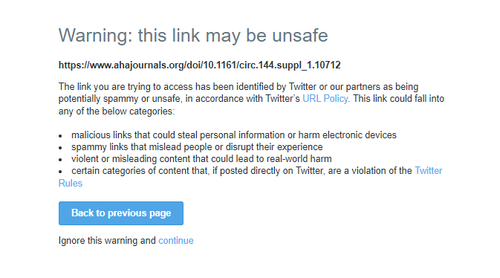In response to being told that they would be fired if they did not get vaccinated against COVID-19, four Bristol Myers Squibb employees have filed a lawsuit against the company claiming the drugmaker wrongfully denied their requests for religious exemptions.
Filed Wednesday in federal district court in Manhattan, the lawsuit says BMS is violating Title VII by "systematically manufacturing" reasons for not providing employees religious exemptions to its vaccine mandate.
Title VII requires employers to provide accommodations to employees who request exemptions from workplace policies "on the basis of sincerely held religious beliefs," the suit says. The employees claim BMS is denying the sincerity of their religious beliefs because they "hold and express political beliefs too."
In September, BMS informed employees that they needed to be vaccinated by Nov. 1. In a quarterly securities filing on Oct. 27, the company revealed that 94% of its workforce was vaccinated.
Responding to the lawsuit, a BMS spokesperson said the company's "priority throughout the pandemic has been the health and safety of our communities, employees and patients, who are among the most vulnerable."
"Our policy that all eligible employees in U.S. and Puerto Rico be vaccinated against COVID-19 is consistent with this safety priority and our responsibility as a science-based company to help slow the spread of the virus," she added. "The policy includes a process for employees to request a reasonable accommodation based on, among other things, their sincerely held religious beliefs."
"The process includes interactive discussions with the employees and detailed assessments," she continued. The company has granted accommodations to "some individuals" who submitted requests, she added.
The plaintiffs in the lawsuit are highly paid professionals: Carrie Kefalas, M.D., the head of clinical trial risk management for global drug development; John Lott, the associate director of strategy and submissions lead, patient safety and epidemiology; Jeremy Beer, a senior manager for data integrity; and Kamila Dubisz, an account manager.
As BMS rolled out the vaccination requirement to employees, the company included a threat of “for cause” termination for those who failed to comply, the suit alleges.
In her filing her request, Kefalas identified herself as a non-denominational “follower of Jesus Christ,” the suit says.
Kefalas, who requested to continue to work remotely, said vaccination “would permanently destroy my relationship with My Savior, prevent eternal salvation and promise eternal damnation of my soul as it is described in the Bible because I would be accepting the Beast as my Savior,” the suit says.
On Nov. 17, BMS notified Kefalas that her request was denied because her beliefs were not “sincerely held,” according to the lawsuit. BMS also said that in previous internal company communications, Kefalas had questioned the safety of vaccinations without stating any religious objections.
Kefalas, who earns approximately $300,000 per year, was told that she would face termination on Dec. 6 if she didn’t show proof of vaccination by Nov. 29, the suit says.
Other employees in the suit were told they would be fired in December and January for not following the vaccine mandate, according to the lawsuit.
The employees are seeking a court injunction "enjoining Bristol Myers Squibb Co. from terminating them and all other similarly situated employees until the parties can be fully heard on the merit," the suit says.
If BMS were to fire non-compliant employees, it wouldn’t be the first company to do so. In October, United Airlines said it was in the process of terminating 232 employees for not getting vaccinations. Also in October, New York’s largest healthcare provider, Northwell, revealed that it fired 1,400 employees who were not vaccinated.
According to a survey of nearly 600 employers conducted in August by global professional services firm Aon, only 7% said they would be willing to fire an employee who refused to get a vaccine, with the percentage higher among companies in industries that traditionally demand in-person work.
https://www.fiercepharma.com/pharma/four-bristol-myers-squibb-employees-set-to-be-fired-for-not-being-vaccinated-file-suit
